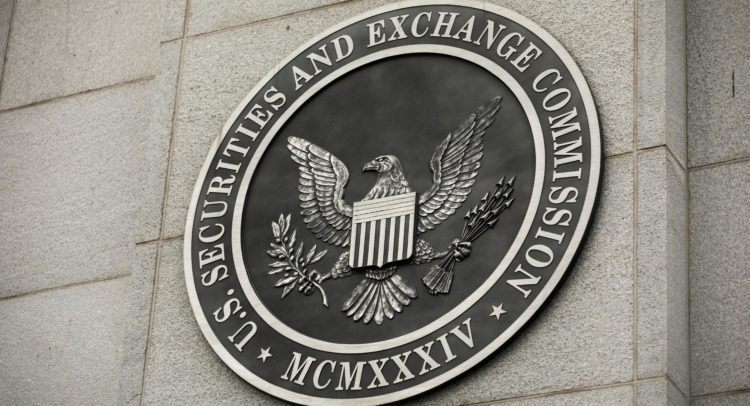The mobile and commission-free trading revolution drove millions of new investors to the stock market. From the beginning of 2020, record numbers of traders, many of whom were novices, set up accounts with brokerages such as Robinhood Markets, Inc. (HOOD), Charles Schwab Corp. (SCHW), and E-Trade of Morgan Stanley (MS). These trading platforms employ a system called payment-for-order-flow (PFOF) in order to generate revenues, a system which has caught the attention of the Securities and Exchange Commission chairman Gary Gensler, as of late.
Brokerages use PFOF by selling their clients’ trades to high-speed market makers like Citadel Securities, who then both execute the orders and use the data to their own benefit. The practice is wholly legal and helped fuel the commission-free shift in investment trading.
This becomes an issue because brokerages are profiting off the number of trades executed by their account holders. Therefore, for the brokers, the more trades and engagement with the platform, the merrier. Unfortunately for investors, the frequency of trades made is not always what is best for them. Long-term investing takes time, patience, and discipline. However, companies like Robinhood wish to keep their users engaged on their mobile app, and as such the PFOF system can create a conflict of interest for the firm.
Furthermore, Gensler is concerned that the digital engagement practices employed by firms like HOOD have in a way turned investing or trading into more of glorified gambling. The brokerage has faced past criticism for its overtly easy-to-use and dopamine-inducing platform interface. For just as with a casino, the house always wins.
Although it had already been an interest of his, Gensler recently stated that he would be examining this practice, and has not ruled out removing it from the world of trading. After a published interview with Barron’s, Robinhood’s stock fell nearly 7% by market close on Monday. While several firms rake in revenue from PFOF business models, Robinhood appears to be the most highly exposed to regulatory shifts.
Despite that fact, Robinhood’s management has reiterated that its revenue streams are diverse and its business model could endure any serious regulatory challenges. If Gensler were to push ahead with banning PFOF, Robinhood would have to adapt to the new reality. On the upside, this is possible to accomplish. As an example, Fidelity Investments, Inc. provides commission-free trades, although it does not use PFOF to generate income.
Investigating certain user engagement and retention tactics would be an activity the SEC has yet to partake in, and could produce a strong precedent for both brokerages producing revenue and the extent of SEC power.
Little more after a month from its initial public offering, Robinhood is now facing the heat. This writer is neutral on Robinhood stock.
On TipRanks, HOOD has an analyst rating consensus of Moderate Buy, based on 7 Buy and 5 Hold ratings, and 1 Sell rating. The average Robinhood Markets price target is $53.08, reflecting a possible 12-month upside of 19.77%. HOOD closed trading Tuesday at a price of $44.32.










